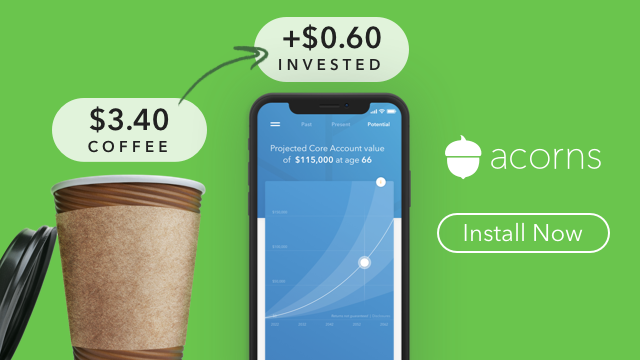Getting Rid of Tax Debt
How do I minimize or pay off my Tax Debt?
When some people think of having tax debt, movie images of the police chasing after the mafia in the streets of 1950’s New York for tax evasion come to mind. A pretty scary thought! No one wants to have someone chasing them for debts owed. Especially the IRS! Don’t worry, this is most likely not even close to reality for most of us – unless you purposefully avoid paying your tax debt and try to get away with it! The best thing you can possibly do when you find yourself in the position of having tax debt, is to pay it off as soon as possible. As long as the IRS (Internal Revenue Service) is aware that you are making every effort to pay these debts down, you’re most likely not going to end up “swimming with the fishes”! This article offers practical debt negotiation advice when dealing with the IRS.
There are several ways to pay down your tax debt. Here are some examples:
*Submit a “Not Currently Collectible” agreement
*You could try asking for an “installment agreement” or a “partial payment installment agreement”
*Try for an “Offer in Compromise” (Forgiven Debt)
*File Bankruptcy (This would be an absolute last resort, and is only applicable in certain circumstances)
Here they are again, broken down for easier consumption.
Currently Not Collectible Agreement
If the IRS is trying to collect payment, and at that time you have absolutely no ability to pay your tax debt, you have the option of filing a Form 433-F, also called a Collection Information Statement. When this statement is filed, and considered valid, the IRS will discontinue any collection activity.
Installment Agreement
If you owe $25,000 or less, you can ask the IRS for something called an “Installment Agreement”. An Installment Agreement is when you agree to make monthly installment payments to the IRS on the tax debt owed. You may qualify for an installment agreement if the following conditions are met:
1. If, in the past five years, you have not had any other installment agreement
2. If, in the past five years, you have either: not paid late, or not been required to file
3. For future tax years, you agree to file and pay (if payment is owed) on time
4. If you have filed all your returns
5. You will be able to completely pay off your tax debt balance within 36 months or less
Partial Payment Agreement
A Partial Payment Agreement is similar to an Installment Agreement in that you pay a monthly installment amount to the IRS, but the difference is that you do not pay the full amount owed. A portion of the debt is forgiven after the agreement is fulfilled. This is usually a long-term agreement with payments made at a reduced amount, both of which are determined by the IRS. You must make a request for this agreement to the IRS in writing. A request for this agreement also usually takes a lot less time and is easier than a request for an Offer in Compromise.
Offer in Compromise?
An Offer in Compromise, also referred to as OIC, is a program offered by the IRS. This program allows qualified individuals with unpaid tax debt to negotiate an amount that is less than the total debt owed, in order to clear (settle) their debt.
If you qualify for an OIC, you must continue to file all tax returns and pay all taxes due for the greater of: five years or until the negotiated amount is paid in full. All returns and taxes due must be filed and paid in a timely manner: by the filing deadline or your extension deadline. Failure to follow the terms of your OIC will result in default and the IRS may then collect the amount ORIGINALLY owed, plus penalties and interest.
Do I qualify for an Offer in Compromise?
To qualify for an OIC, one of the following conditions must be met:
*You must show possibility that the tax debt assessed is incorrect
*You must show proof that the debt is “uncollectible” by the IRS
*Without contesting liability or collectability, you can demonstrate that collection of the debt would result in an “economic hardship” or be “unfair and inequitable.”
How will an Offer in Compromise affect a Tax Lien or Levy?
An OIC will have no affect on a Tax Lien. The lien will remain in effect until the offer has been accepted by the IRS and has been paid in full. Once the OIC has been satisfied, the Tax Relief Agency will send a request to the IRS for the lien to me removed.
 Follow
Follow
